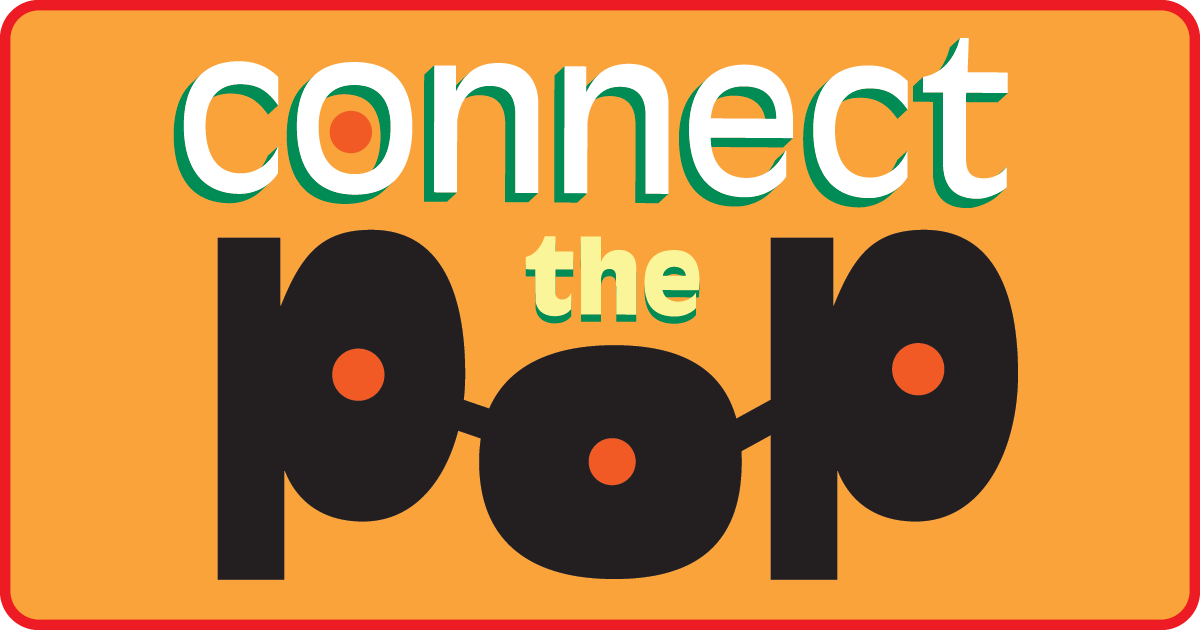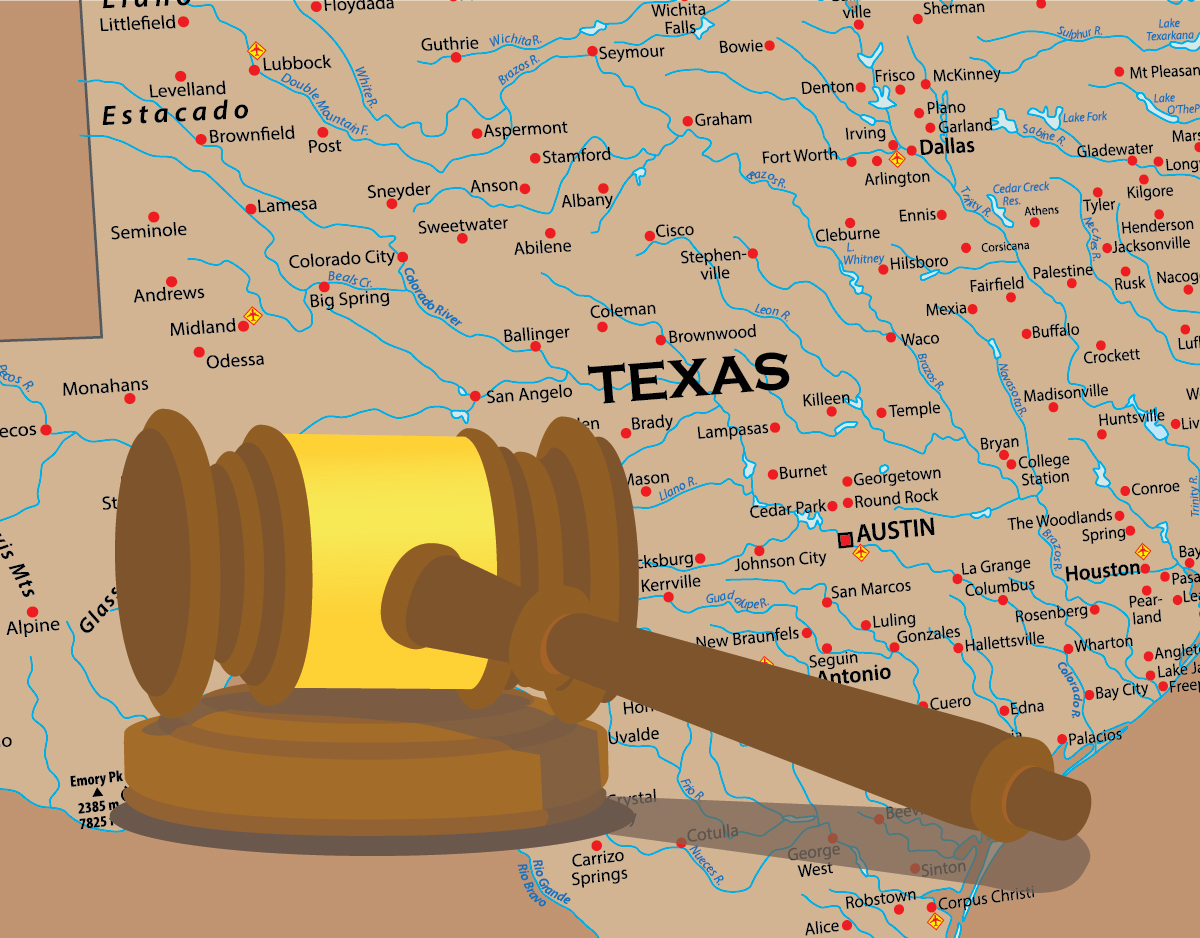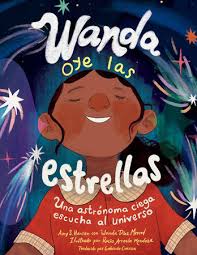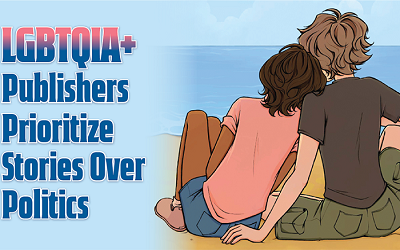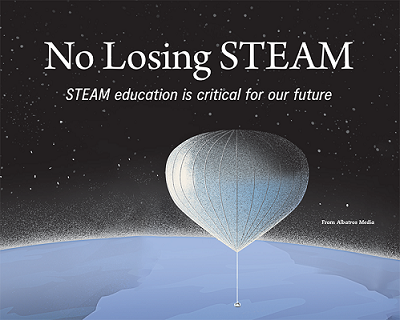SCROLL DOWN TO READ THE POST
Presidential Elections, the Media Literacy Way: A Conversation with Frank W. Baker (3)
If you didn’t catch them, here is the first part and the second part of my interview with author and leading media literacy consultant Frank W. Baker. Now, if you did read those posts, you might recall that we left off with a consideration of the major party conventions that will take place later this summer, a thread that we continue below. Relevant here is how, in his Political Campaigns and Political Advertising, Baker shows educators how to apply the “STAGE” analysis (part of a Cable in the Classroom curriculum on voting) to deconstruct campaign events such as these conventions. This is an approach based upon inquiry around the Symbols, Techniques, Actions, Groups, and Engagement strategies involved, and should provide a productive framework for talking about the conventions… even if they are a couple of weeks in the rear-view mirror once school starts again in the fall. In any case, this is is the context in which our conversation resumes…
***
How can librarians and media literacy educators keep classroom discussions from devolving into partisan debates? That is, keep the focus on the media strategies and positioning of the audience regardless of which party or candidate is being discussed?
ADVERTISEMENT
ADVERTISEMENT
As far as inside the arena [of the respective conventions], I am sure both parties will bring out the big guns, and perhaps even a celebrity and/or personality, to draw in audiences. (In the news [there’s been the story] that the wives of both presidential candidates are more popular than their husbands, so expect to see them play a larger role in the convention.) Most of the networks (ABC, CBS, NBC, FOX) won’t air the conventions “gavel-to-gavel” which means they’re only going to broadcast the good parts. Let’s not forget the prime time audience delivered to the sitcoms and dramas is much larger than any convention will ever be, so broadcasting even an hour, is a money loser. Okay, so the convention coverage WILL be dominant on CNN, Fox News, CSPAN, MSNBC, etc.
So if a teacher were to assign students to view the conventions, they might be charged with identifying slogans, symbols, images, key words and phrases that the candidate and the party want to make sure the audience sees, hears and remembers long after the convention has left town. Invariably, slickly produced videos will be shown during the convention designed to make the audience feel good about the candidate. Again, studying the techniques in these videos is a great visual/media literacy exercise.
To what extent might students’ prior knowledge be leveraged by drawing attention to the similarity to major sporting events: the role of commentators, the use of music and imagery, the general way that the media builds expectations and suspense leading up to big events (which of course helps retain or grow audience size). That is, the November presidential election as a kind of variation on Super Bowl or Olympics coverage. Your thoughts?
For years, the news media have been criticized for comparing the race for the White House to a “horse race.” In fact, horse race coverage, which reports on who is ahead in the polls, who’s raised the most money, etc. doesn’t serve us very well. So the horse race coverage overshadows real news about issues and content.
I’m not sure the conventions can be compared to sporting events such as the Super Bowl or the Olympics; they certainly don’t draw the audience of the high profile events. But these events do have some similarities. Each of the networks carrying the conventions will have sponsors. Students could investigate who sponsors them and why sponsoring a convention might be good for a particular advertiser.
Maybe not sporting events, then, but movies…
Each network will have its news anchors situated up high so they, and their cameras, get a bird’s-eye view of the proceedings. The music used in the introduction to the coverage will certainly be patriotic sounding. If I’m not mistaken, film composer John Williams previously wrote the score for NBC’s convention coverage. When they’re not broadcasting the speeches, the networks will use their perches as perfect locales to conduct interviews, and I expect to see Brian Williams (NBC), Diane Sawyer (ABC) and Scot Pelley (CBS) doing lots of those. Each network will also have reporters stationed on the convention floor doing interviews and looking for “news.”
But students watching convention coverage need to be aware they are only allowed to see what the networks show them. Cameras cannot go everywhere. These high profile events will be carefully controlled by the politicians and the parties.
ADVERTISEMENT
ADVERTISEMENT
Final question: how would you update Political Campaigns and Political Advertising, given what you’ve seen of the 2012 election so far? Any notable trends or specific incidents or ad campaigns that have been noteworthy from a MLE perspective?
In a revised edition of the book, I would take a good hard look at the impact of the SUPER PACs on the primary and general elections. After the SCOTUS ruling (Citizens United v FEC), millions of dollars came pouring in and we didn’t always know who was responsible for that influx of funds. That’s the battle now, as the FCC attempts to get TV stations to publish the sources of the funding of those campaign ads. The process is not always transparent, and when we don’t know, that’s a problem. Some of the Supreme Court justices are already on record as saying that the Citizens United ruling must be re-evaluated.
What about the content of all those mysteriously funded ads?
I would also play up the role of Factcheck.org and Politifact.com as websites that are taking the time to debunk many of the comments and ad claims made by politicians. I don’t think enough of today’s citizens are aware of these sites: many of us see the ads, but don’t always see the analysis and deconstruction.
I would also re-examine the impact new media have had on the election. New media and new modes of communication have exploded. The business of politics has changed, as has the broadcasting model, now that people can watch anywhere, anytime. But the one thing that’s not changed is that political campaign commercials still reach the widest possible audience on television.
Great—thanks so much for your time. I hope you’ll come back and talk movies at some point…
***
Learn more about Frank Baker’s newest book, Media Literacy in the K-12 Classroom, here.
Filed under: Media Literacy, New Media, Social Studies, Television
About Peter Gutierrez
A former middle school teacher, Peter Gutierrez has spent the past 20 years developing curriculum as well as working in, and writing about, various branches of pop culture. You can sample way too many of his thoughts about media and media literacy via Twitter: @Peter_Gutierrez
ADVERTISEMENT
SLJ Blog Network
One Star Review, Guess Who? (#217)
Modern Fairytales and Excessive Tresses: Corinna Luyken Talks The Arguers
Walt Disney’s Mickey Mouse and the Amazing Lost Ocean | Review
DIY Teen Makerspace: Pop-Up Cards Tutorial
The Classroom Bookshelf is Moving
ADVERTISEMENT
ADVERTISEMENT

